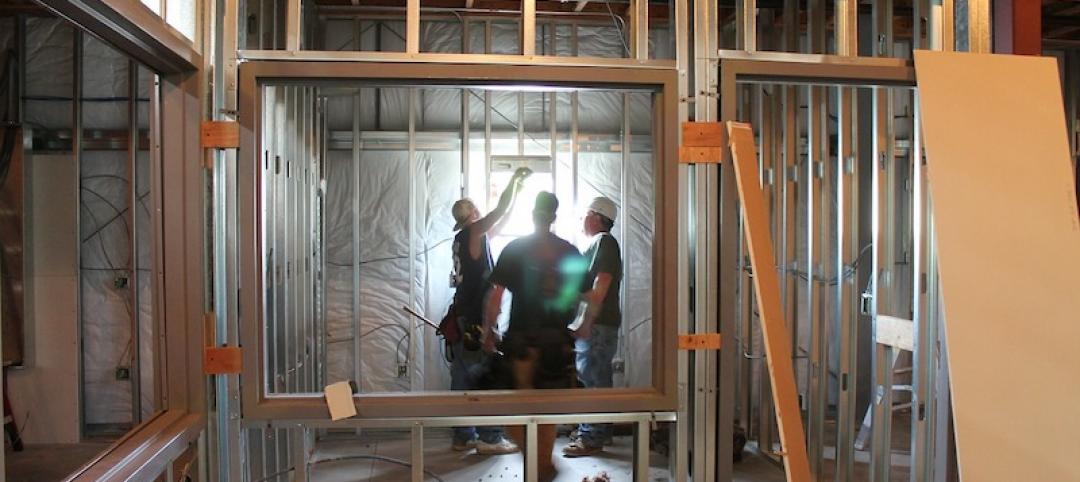Zoning restrictions are making the construction of housing more difficult, and that is driving up the cost of housing in many cities.
What’s more, that effect is having an impact beyond the construction industry, according to a study by two economists, Chang-Tai Hsieh of the University of Chicago and Enrico Moretti of the University of California at Berkeley. They estimate that zoning restrictions reduced U.S. GDP as a whole by 9% percent a year, or roughly $1.5 trillion a year.
Some urbanists and city planners view the key to rebuilding cities, reigniting innovation, and improving productivity is to do away with onerous zoning codes and land-use restrictions that stymie much-needed development. This is particularly true when it comes to housing in certain technology and economic hubs such as like New York and San Francisco.
The two economists recently published an update to their study, and found that such zoning constraints lowered the aggregate growth by more than half between 1964 and 2009. The study advocates for investing in mass transit, light rail, subways and high-speed rail to connect places together. Such investments in transit are likely to have a much bigger positive economic impact than eliminating land use restrictions by linking job centers to outlying places, where land is relatively cheap and housing more affordable, the economists argue.
Related Stories
Codes and Standards | May 8, 2020
New NIBS report evaluates natural disaster mitigation strategies
Document examines strengthening buildings for flood, wind, wildfires, and earthquakes.
Codes and Standards | May 6, 2020
A few ways contractors can manage COVID-19 risks
Staggered start times, rigorous tool cleaning, virtual training among the strategies.
Codes and Standards | May 5, 2020
NAHB loses influence in 2021 IECC building code development
Despite objections from the National Association of Home Builders (NAHB), the development of the 2021 International Energy Conservation Code (IECC) is nearing conclusion. NAHB objected to several more stringent energy efficiency provisions.
Codes and Standards | May 5, 2020
2020 IECC will lead to significant carbon emissions reductions
New model building code nearly finalized.
Codes and Standards | May 4, 2020
New York expands prevailing wage law
Now includes private projects with 30% or more of public subsidies.
Codes and Standards | May 1, 2020
OSHA says most employers don’t have to track worker COVID-19 infections
Agency clarifies responsibility for contractors, others.
Codes and Standards | Apr 29, 2020
New York City tightens restrictions on construction during pandemic
Dept. of Buildings has issued more than 100 violations and stop-work orders.
Codes and Standards | Apr 28, 2020
ASHRAE, WELL panels to tackle revising standards to limit spread of viruses in buildings
Will examine ways to reduce infectious threats through building designs and operations.
Codes and Standards | Apr 24, 2020
Dept. of Labor issues guidance for respiratory protection during N95 shortage
Elastomeric respirators or powered, air-purifying respirators, and expired N95s are allowable alternatives
Codes and Standards | Apr 23, 2020
Group will create ecosystem for smart building data
Seven Finnish companies aim to integrate all technical systems into a single platform.

















